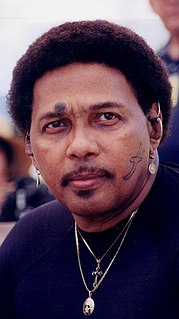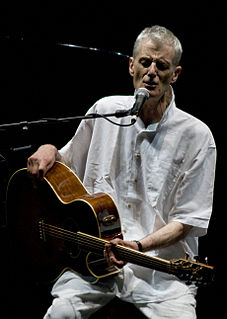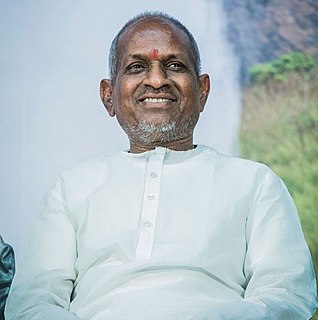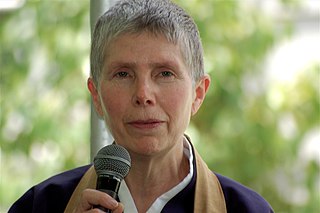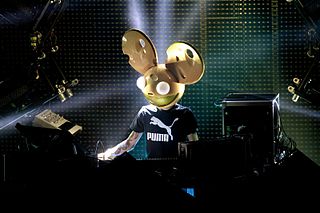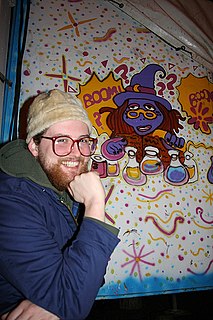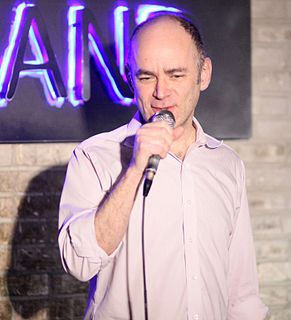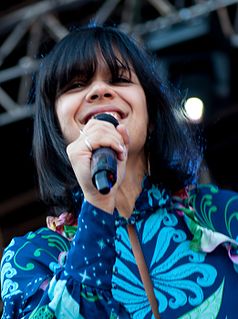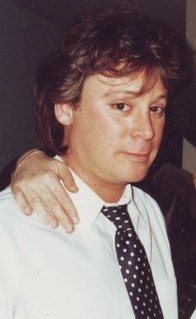A Quote by Aaron Neville
It's a 360-degree sound experience. Like you're in the middle of the band. A lot of people have the technology to play the format, so why not put it out there. It sounds great.
Related Quotes
Several times a day, stop and just listen. Open your hearing 360 degrees, as if your ears were giant radar dishes. Listen to the obvious sounds, and the subtle sounds?in your body, in the room, in the building, and outside. Listen as if you had just landed from a foreign planet and didn?t know what was making these sounds. See if you can hear all sounds as music being played just for you. Even in what is called silence there is sound. To hear such subtle sound, the mind must be very quiet.
Usually, companies, when they approach other people to do VR, they're like, 'We're gonna offer a virtual reality experience' - to me, that usually means they're gonna put a bunch of 360° cameras in a room, film something, and wrap the video in a sphere so you can head-track and look around. To me, that's not virtual reality. That's 360° video.
That's why you put out records: hoping that people will connect with them. I mean, I play music for myself, for sure, and I would still play music even if people didn't like it. But it means a lot when it connects to people and they enjoy it. But it's funny: you get criticism as much as you get praise. It kind of evens out after awhile.
I think a lot of electronic musicians are drawn to starting with texture because the whole reason we're working with electronics is to try to create new sounds or sounds that cannot be created acoustically. When you're doing that, it's nice to be able to just create a different palette for every single song. I feel like a lot of electronic music sounds like...Each album sounds like a compilation more than it does a band.
I remember when it was reported that I was going to do the film in this format, people were actually speculating, and I guess I understand it. They were like, "Yeah, okay, that all sounds really great, but why would he do it for a thing that's so set bound?" That's not very profound thinking when it comes to 65mm. It's not just for shooting travelogues, mountain scenery and nature.
I think whatever we've done as a band at The Clientele, we've done because it's so natural. Our "old" sound isn't really like any actual bands from old times. We take elements of past music styles and past sounds as a way to... this is going to sound very pretentious and perhaps overly thought-out, but as a way to strike chords of vague nostalgia, and strike chords of, "I've heard this before somewhere." That's what a lot of our music is about in terms of the words and ideas behind it, so we really use old sounds as a way to serve that agenda.
When I go to the cinema, I want to have a cinematic experience. Some people ignore the sound and you end up seeing something you might see on television and it doesn't explore the form. Sound is the other picture. When you show people a rough cut without the sound mix they are often really surprised. Sound creates a completely new world. With dialogue, people say a lot of things they don't mean. I like dialogue when it's used in a way when the body language says the complete opposite. But I love great dialogue I think expositional dialogue is quite crass and not like real life.
A lot of people are really quick to say, "That song sounds like this." Or you - "He's tryin' to sound like this." And I'm always like, "You're damn right I am. That's how - that's why we're all here." You know, we all grew up idolizing another musician. That's how this works. That's how music is created.
The problem with a lot of comedy clubs is not that they are a comedy club; it's just the cheesy way they're presenting themselves. That's why a lot of people have a problem with them. If you're a relatively unknown comedian, you can play at a comedy club, you might play to hundreds of people every night. But if you try to make a concert event out of it, and try to play a rock club or something, where you might play to 10 people or no people. And the flipside of that is, that's also a great thing, to play to people who are your fans. Some people are too hard on the comedy clubs.
Sometimes I would go on Sundays and play with Doc Cheatham. I was also playing in a band of teenagers led by Don Sickler called Young Sounds, and The McDonald's Big Band led by Rich De Rosa and Justin Di Cioccio. All those guys were great educators and musicians and taught me a lot! Simultaneous to all this, another one of my musical fathers came into my life, Eddie Locke.
